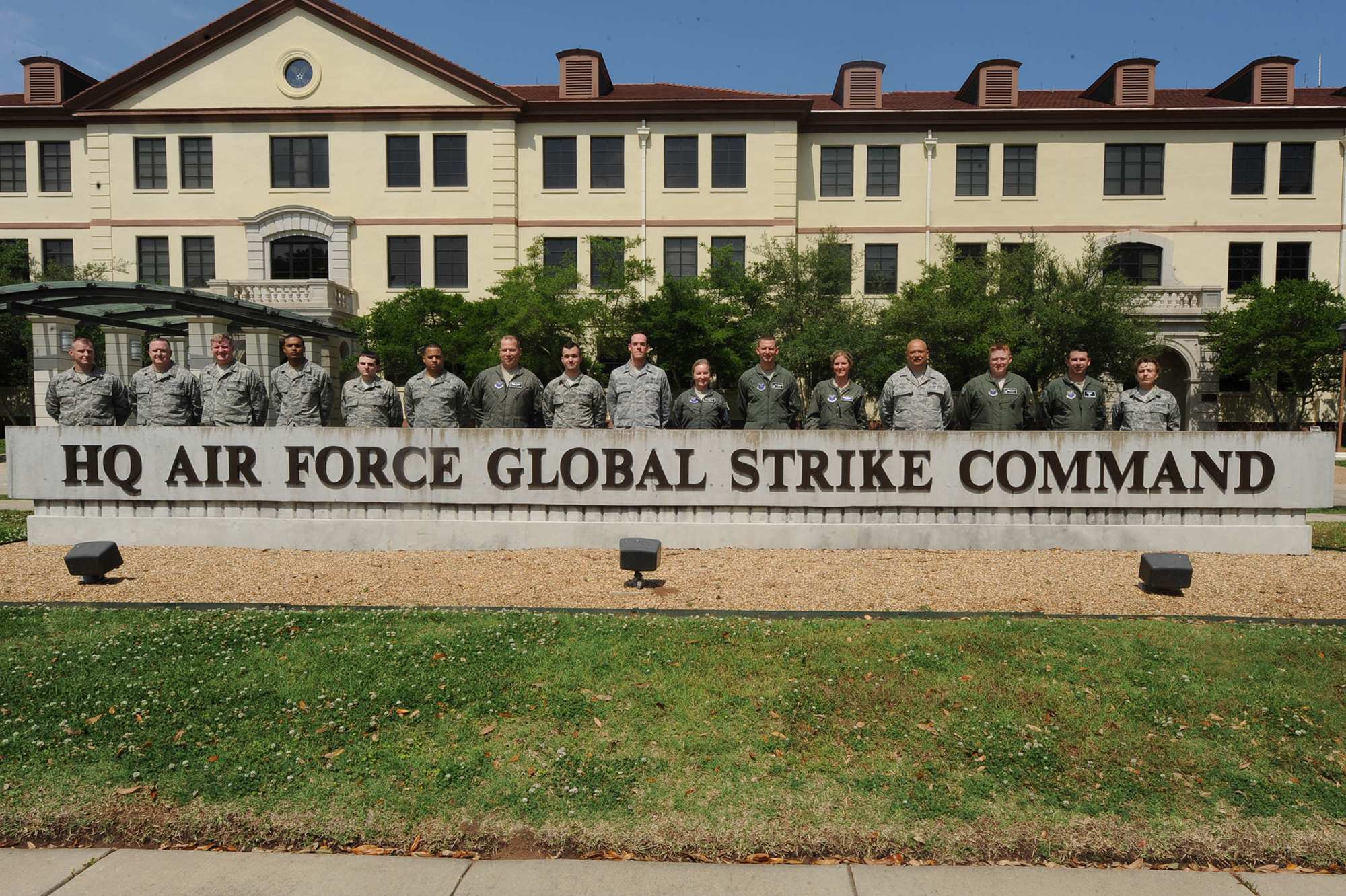The Air Force Global Strike Command is taking action to investigate and address potential cancer concerns at three U.S. intercontinental ballistic missile bases, following a recent study.
The multi-site survey conducted by the U.S. Air Force School of Aerospace Medicine and the Defense Centers for Public Health found that polychlorinated biphenyl levels (PCBs) were above the cleanup threshold established by federal law and regulation. The Command then ordered Twentieth Air Force to take immediate measures to begin the cleanup process and to mitigate exposure to the potentially hazardous conditions.
These bases are located in Montana’s Malmstrom Air Force Base, Wyoming’s F.E. Warren Air Force Base, and North Dakota’s Minot Air Force Base. The survey team that visited Malmstrom AFB reported sampling results last Friday.
Results showed that the air samples from all the Launch Control Centers and the Launch Control Support Building returned non-detectable for PCBs while only two out of 300 surface swipes were above the mitigation level. The results for the other two sites are still pending.
Gen. Thomas Bussiere, commander of Air Force Global Strike Command, promised to keep an open dialogue with all stakeholders about the Missile Community Cancer Study, to which results from these sites will contribute.
“I am committed to remaining transparent during this process, and I pledge to continue an open dialogue with Airmen, Guardians, their families, and all other stakeholders as the Missile Community Cancer Study continues,” Bussiere said in a release.
PCBs were manufactured in the U.S. from 1929 through 1979 but were then banned. The oily or waxy substances can last for a long time in the environment and are classified as probable human carcinogens.
The Missile Community Cancer Study was launched by the U.S. Air Force School of Aerospace Medicine in response to reported cancer diagnoses by several missileers. The initiative, called Torchlight, found that there could be potentially a hundred more cancers of all types among the intercontinental ballistic missile personnel.
The 2001 review by the Air Force School of Aerospace Medicine, however, concluded that there was no increased rate of non-Hodgkin lymphoma among the missileers. Though the school acknowledges that time has passed since and that it has the responsibility to investigate any potential service-related risks to both Air Force personnel and their dependents.
The Air Force Global Strike Command reassured that the intercontinental ballistic missile nuclear alert mission will continue while the cleanup and mitigation are carried out. They have also promised to keep the public updated about the results of this study.

